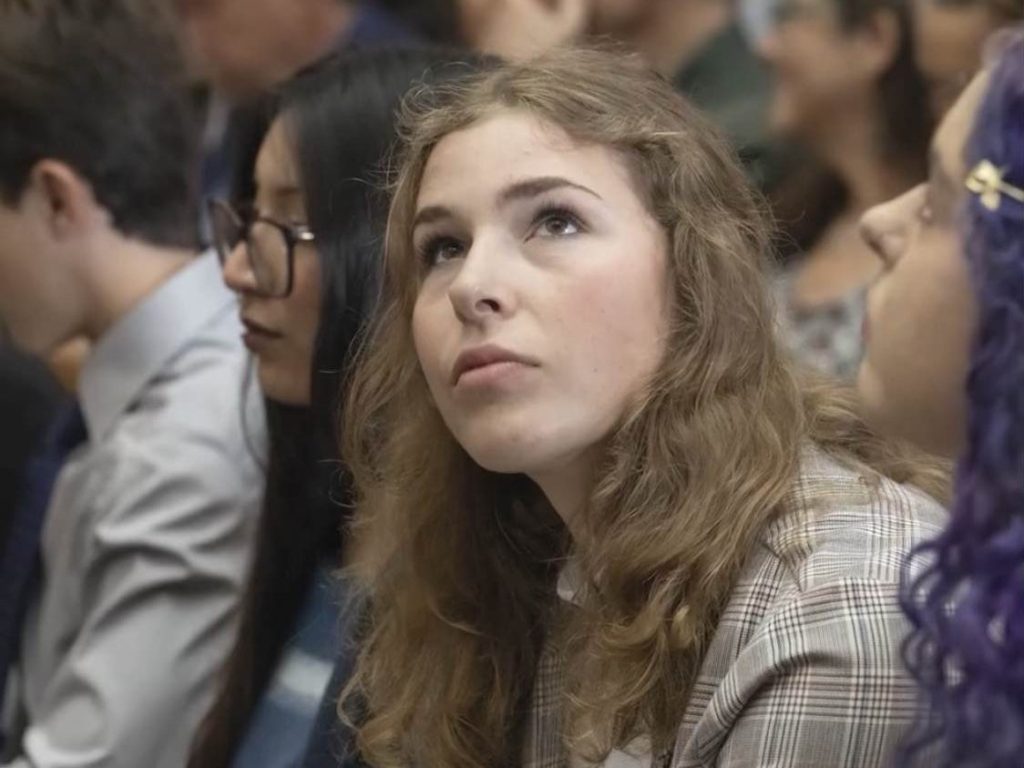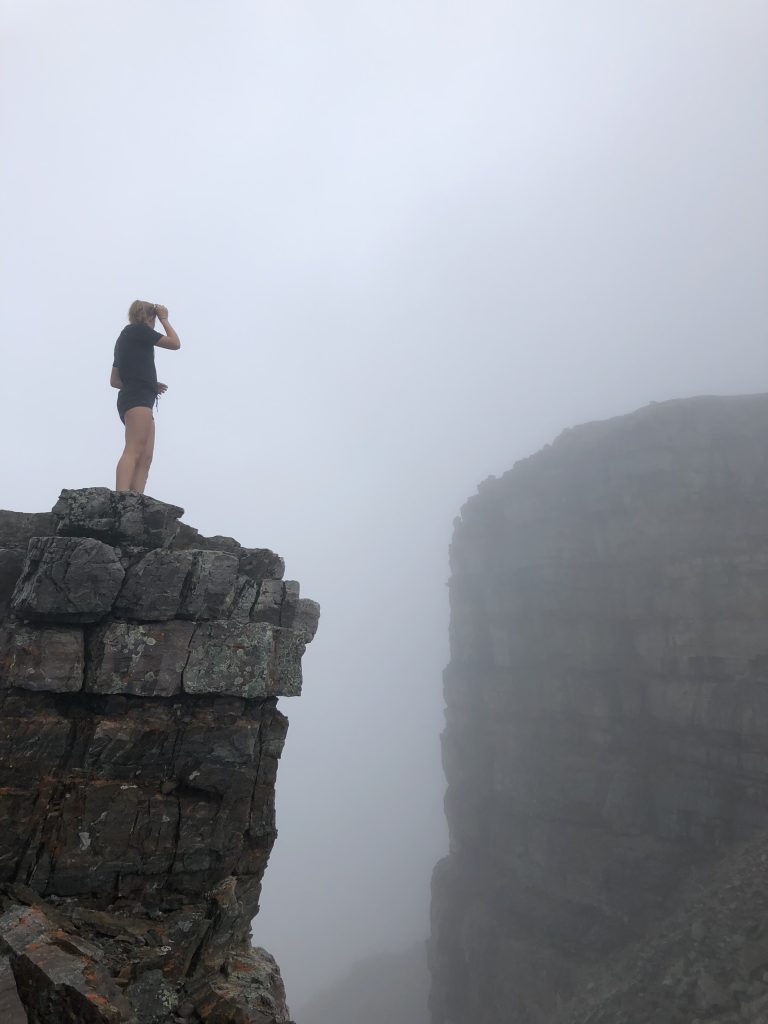
At just 17 years old, Georgianna Fischer, now a senior at the University of New Hampshire, was one of 16 youth plaintiffs in the landmark court case Held v. Montana. — the first youth-led climate lawsuit to go to trial. The plaintiffs sued the state for violating their right to a “clean and healthy environment,” citing a provision in the Montana Environmental Policy Act that bans state agencies from considering greenhouse gas emissions during environmental reviews.
In high school, Fischer wrote an opinion piece for her local newspaper highlighting how the climate has changed around her as she’s grown up.
“It was about how dissatisfied and kind of angry I was,” she said. “I’m a cross country skier and I had just come back from a ski trip where we had to ski over patches of grass and stuff — and how I don’t think climate change should be a political issue.”

That wasn’t the only time Fischer saw the effects of climate change firsthand. She remembers the amount of snow decreasing every year, and fires so bad she couldn’t see across the street.
A family friend of Fischer’s read the opinion piece and reached out to her because she had heard about the lawsuit.
“She set me up for a call with the lawyers and I hopped on that right away, because I knew I really wanted to be a part of something that can make a systematic change,” she said.
On Aug. 14, 2023, a district judge ruled in favor of the youth plaintiffs in a victory that some environmental lawyers called the “strongest decision” on climate change by a court.
“I’m not a very extroverted person, so it was definitely a big step out of my comfort zone,” she said. “But I knew that I really wanted to share my story. I was definitely nervous, but then once I was up there, I focused on my lawyer who was asking me questions and in the end it was just super rewarding. I just felt like I’d really been a part of something big and something important.”
But on Feb. 13, Montana officials filed an appeal to the state’s Supreme Court, saying the decision “glossed over basic jurisdictional thresholds.” The plaintiffs filed their opening brief last month and amicus briefs of support are pouring in, but the outcome of the case remains uncertain for now.
But on Feb. 13, Montana officials filed an appeal to the state’s Supreme Court, saying the decision “glossed over basic jurisdictional thresholds.” The plaintiffs filed their opening brief last month and amicus briefs of support are pouring in, but the outcome of the case remains uncertain for now.
“People do care and people are listening to the stories of young people,” Fischer said. “And that’s not to say it’s an easy road, and this lawsuit is really just the first step of many that needs to be taken, nut I think young people really have a strong voice in this and we really just need to let our voices be heard and fight for our rights as human beings our right to clean and healthy environment.”